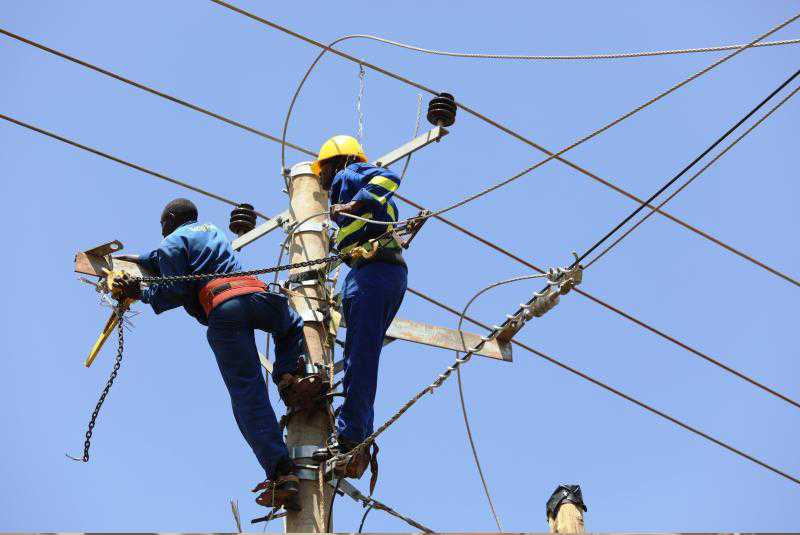×
The Standard e-Paper
Stay Informed, Even Offline

In several instances, the firm reviewed downwards reported earnings, which raised the red flag of creative accounting in financial circles. [File, Standard]
Troubled Kenya Power promises bitter returns for investors after announcing profit warning despite enjoying a monopoly in its line of business.